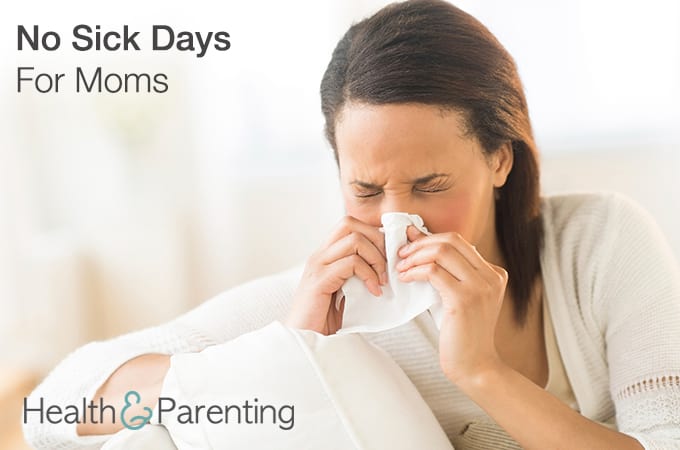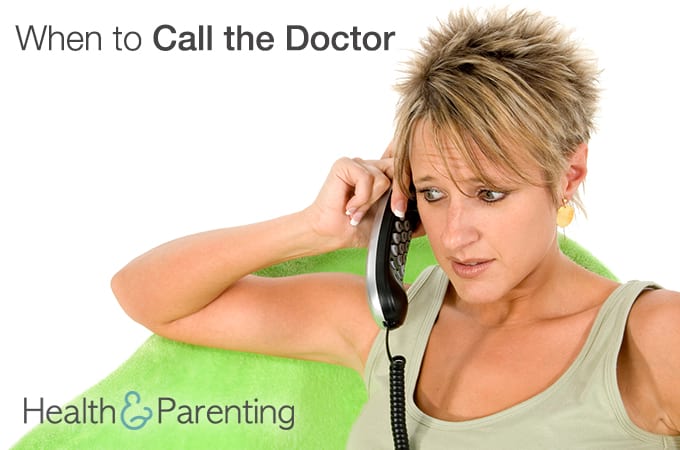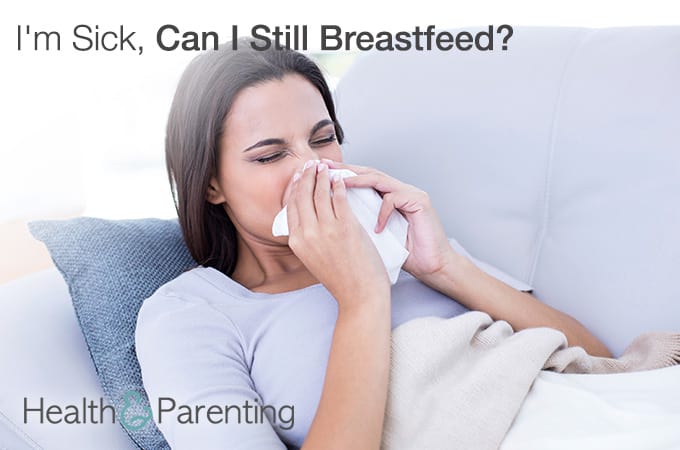As a pregnant mom, recent news reports of birth defects related to Zika virus may have you worried. Zika is a mosquito-borne illness that is can cause mild illness in some people. But for pregnant women, the virus poses significant risks for their developing baby. Zika has been linked to microcephaly (a birth defect where baby’s head is smaller than expected) and other brain problems in babies exposed while in utero.
The Zika virus has been found in Central and South America, the Caribbean, Southeast Asia, a number of Pacific island countries, and several countries in Africa. In the US, Zika has been found in Florida. Experts believe it will continue to spread over the coming years.
There is no antiviral medication to treat a Zika infection, nor a vaccination to prevent it. The best way to protect yourself and your baby is to avoid exposure, if possible. If you are already pregnant, health authorities recommend you postpone any non-essential travel to areas of the world where Zika is widespread. If you must travel or if you live in one of these areas, protect yourself from possible exposure by using insect repellent and mosquito nets and wearing clothing that covers as much of your body as possible (hat, long sleeves, long pants, socks, shoes).
Because there is no known time in pregnancy when an infection poses a higher or lower risk, travel to Zika prone areas is discouraged even if you are not yet pregnant but may possibly become so. If you’re actively trying to conceive, and you have had a Zika infection, wait at least 8 weeks to get pregnancy. If your partner has had a confirmed case of Zika, wait at least 6 months before trying to conceive. If either of you may potentially have been exposed to Zika but you’re not sure and you haven’t been tested, it’s best to wait at least 8 weeks from when you may have been exposed.
Partners who have traveled to Zika prone areas are also at risk of exposing a pregnant mom and her unborn baby to the illness as it can be spread through sexual contact. If your partner has been exposed to Zika, use a barrier contraceptive (condom) or avoid sexual contact altogether. Zika can persist in semen for weeks or even months after his illness. So continued protection may be necessary.
Experts recommend that any pregnant woman with a potential exposure to Zika be tested, even if she has no signs or symptoms of the disease. This typically involves a blood test to confirm whether or not you have the illness. If you do have Zika, your healthcare provider will monitor your pregnancy more closely, likely with regular ultrasound scans to assess baby’s development.
Written By Michelle, writer, editor, childbirth educator, lactation consultant, and mom of 4 busy kids
This information is not intended to replace the advice of a trained medical doctor. Health & Parenting Ltd disclaims any liability for the decisions you make based on this information, which is provided to you on a general information basis only and not as a substitute for personalized medical advice. All contents copyright © Health & Parenting Ltd 2017. All rights reserved.













